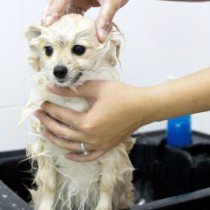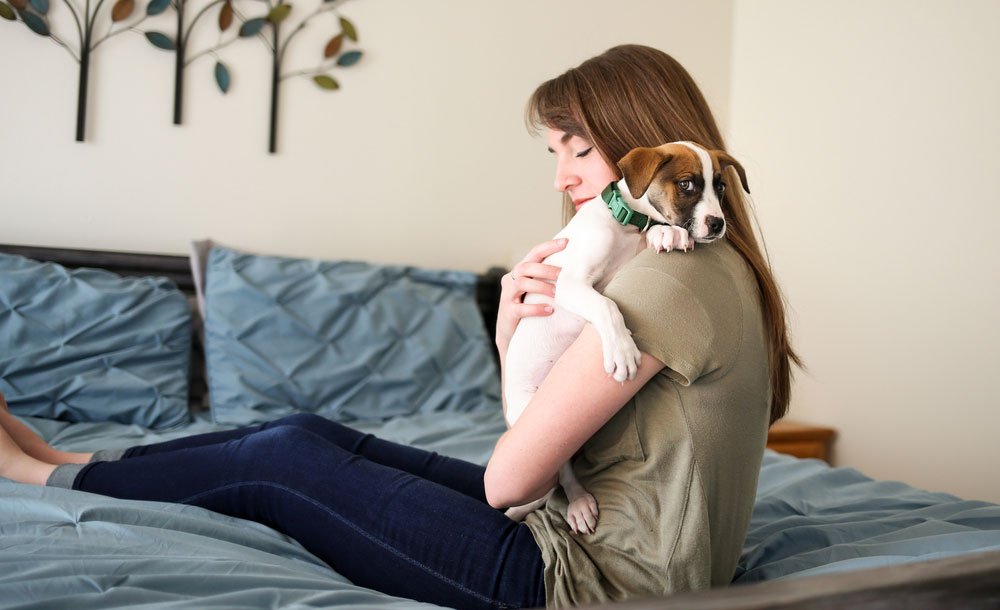
Bringing home a new puppy is exciting and life changing. There is a breed to fit every lifestyle whether you are active, sedentary or simply enjoy some companionship in your day to day activities. However, bringing a new puppy home means there will be some things you need to know as you get ready to have a new canine friend in your life.
Contents
- Getting a Puppy
- Getting Ready to Care for the Health of Your Puppy
- Getting Ready for Exercise and Training Your Puppy
- Getting Ready to Groom Your Puppy
- Dental Care for Your New Puppy
- Getting Ready to Feed Your New Puppy
- Puppy’s Potential Feeding Schedule and Food
- 0-3 Months
- 4-6 Months
- 6-12 Months
- Having Puppy Food Ready for Your Puppies Arrival
- Canidae Grain Free Pure Foundations for Puppies
- Hills Science Diet Puppy Large Breed Chicken Meal & Oat Recipe
Getting a Puppy
Where you get a puppy can affect what you need for their arrival. Puppies are wonderful,but for many, they do not realize the work a puppy takes. Unfortunately, once some people begin to realize that 2am pee breaks, whining and chewing come with a new puppy they change their minds and drop them off at the nearest shelter. So, the first place to look when you are getting a puppy is a local shelter.
If you are not fussy about the breed, then they may have some great pups under one year of age. Even if you are looking for a certain type of puppy, they mayhave those as well. It is terrific if you can get your pup from a rescue as it puts alonely dog in a home situation and opens up a spot for another wayward puppy to be rescued.
If you do not want to go to a shelter, then find a reputable breeder. Make sure to check their credentials, so you know your puppy is not coming from a puppy mill and to make sure it doesn’t have anyhealth issues from poor living conditions.
Getting ready for your puppy means understanding where they are coming from as you may need extra training due to fears, separation anxiety or health needs from being left at a rescue. Both a breeder and rescue should have them up to date on vaccinations and general health care which will be a great help.
Getting Ready to Care for the Health of Your Puppy
Once puppies are weaned,and over eightweeks old,theyare ready to head home with you, but that means there are things needed in preparation of their arrival such as financial stability in the area of veterinary visits. In their first year,your puppy will have more than one visit for vaccinations and check-ups. One of these more costly visits will be when they are spayed or neutered. This procedure should be doneif you are not a breeder as it benefits the health of your puppy and it reduces the stray dog population leading to fewer being left in shelters.
Along with surgery costs, you should also be ready for ongoing health care through vaccinations. Puppies need vaccinations for rabies, distemper, parvovirus, and adenovirus along with optional vaccines against the flu, Lyme disease, and rattlesnake bites.Itmakes sense to vaccinate puppies against all health threats including those based on where you reside.
You will also incur costs for preventative medications for your pup. They need to avoid fleas, ticks, heartworms, and internal worms. Along with preventative care, there are costs that can come from medical emergencies and diseases. Puppies are predisposed to certain medical issues no matter what the breed. They may end up with issues and costs such as:
| Type of Medical Issue | Approx. Veterinary Cost | Dog Size |
| Epilepsy | $200-$15000 | All Types |
| Cushing’s Disease | $500- $2000 | Toy and Small |
| Progressive Retinal Atrophy (PRA) | $2000-$3000 (each eye) | All Types |
| Legg-Perthes Disease | $2000-$4000 | All Types |
| Hip Dysplasia | $4000-$6000 (each hip) | Large and Giant |
| Cancer | $5000-20,000 | All Types |
| Bloat/Torsion (stomach) | $1500-$7500 | Medium, Large, Giant |
| Addison’s Disease | $2400 per yr. | All Types |
| Luxating Patella (knee) | $1500 – $3000 (each knee) | All Types |
| Hypothyroidism | Depends on treatment | All Types |
| Mitral Valve Disease | $1000-$5000 | All Types |
| Degenerative Myelopathy | Depends on treatment | All Types |
| Trachea Issues | Depends on severity | Toy, Small and Med |
With medical issues, it is better to be proactive than reactive. Smaller puppies may have different medical predispositions than larger puppies.Awareness means you can choose exercise and nutrition that will help build resistance against disease along with preparations to ensure you are financially able to take care of your pup if they need extra medical attention in the future.
Getting Ready for Exercise and Training Your Puppy
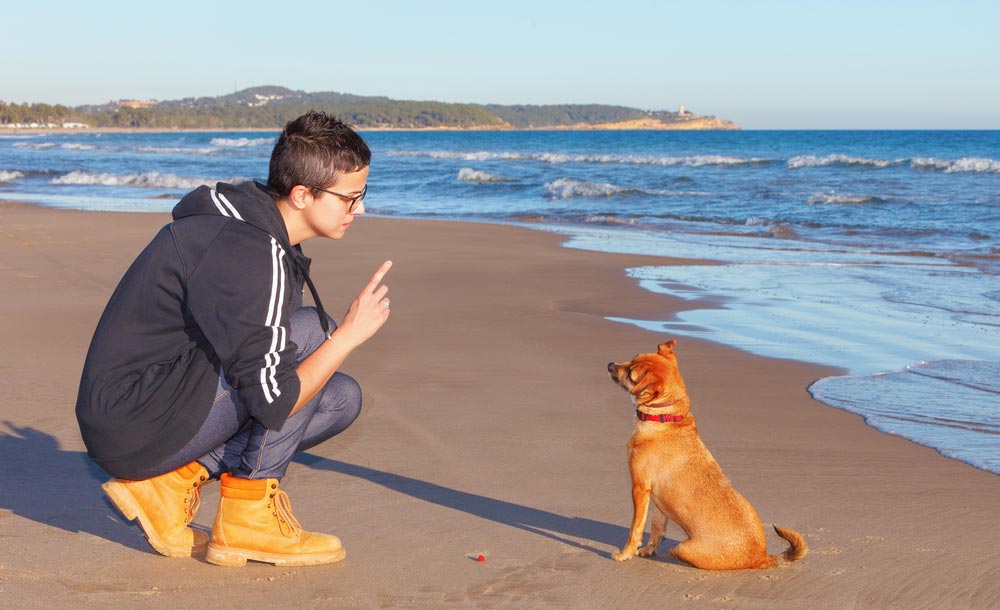
Another area you need to prepare for is making sure your new pup gets time every day to expend energy and receive training in good puppy manners. All puppiesneedan activityto burn off energy and start their socialization process. You need to have time every day to do this,especially when they are little. Puppies do not need the long walks that adult dogs do,but they need to play and interact. Theycan accompany you on a walk using a carrier for when little legs are tired,but you still want to enjoy outdoor time.
Puppies also enjoy interacting with people, dogs, sights, and the smell of the outdoors and can do this whilelearning to run and play fetch with appropriately sized toys. Age appropriate exercise is good for their mental and physical health. Having a new puppy in the home is definitely a big commitment you need to prepare for.
Puppies will want to socialize, and they should do this early. It is important to make sure they understand appropriate behavior at home and during interactions with other dogs and humans. If socialization seems difficult, then a professional trainer may help. This takes time and money that you need to account for. It is beneficial though to make sure they are happy and content puppies who play well with others.
Getting Ready to Groom Your Puppy
Further needs of a new puppy fall under the category of grooming. When they are little, it is not as crucial to bath and brush your puppy. However, if you can do it regularly, they will be comfortable with the routine. As they age,grooming will be important in keeping their coats and skin healthy. This applies especially to dogs with longer coats.
As an adult, your puppy will need to be brushed every day and groomed approximately every 6-8 weeks depending on the length of their fur/hair. If you want to be financially conservative, you can do the grooming yourself. Puppies will need a particular brush and clipper blade depending on the type of coat they have. If you choose to do the grooming yourself, this you will require items such as:
Dental Care for Your New Puppy
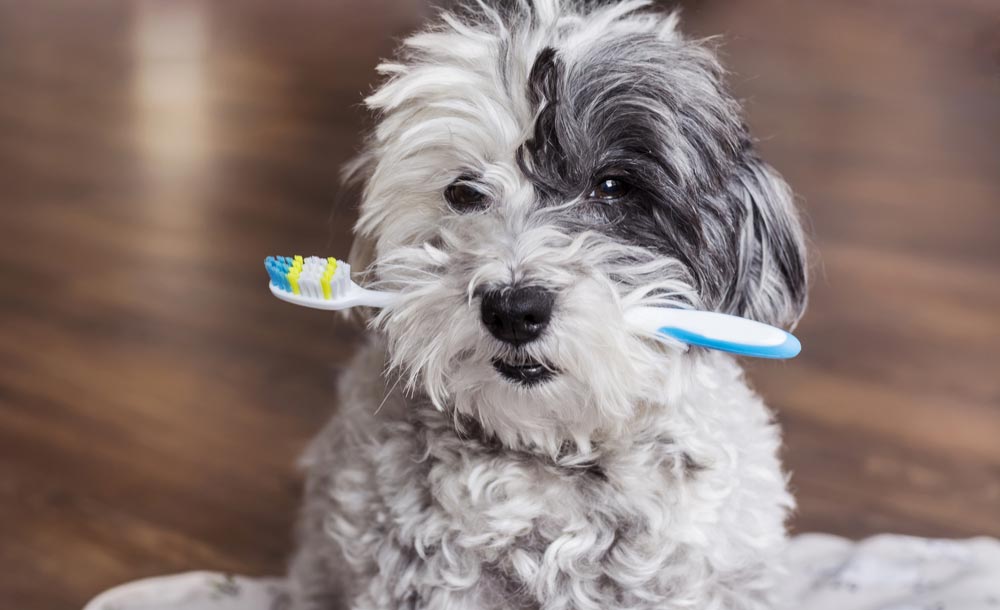
Along with coat care, puppies need dental care. This is especially applicable to smaller dogs who are predisposed to dental issues. Along with building habits around good coat and skin care, it is also good to establish consistency around teeth brushing. If you start doing this when they are puppies, they become accustomed to it.
Brushing once per day with an appropriate toothbrush and toothpaste is an easy way to go. Size appropriate rawhides and chews are also a good part of oral health. However, be cautious that you do not give them chews that can strain their jaws because the chews are too big. Have these products available for the arrival of your puppy:
Getting Ready to Feed Your New Puppy
You need to be ready totake care of your new puppy’s health, exercise, training, and grooming but you also need to be ready to offer them nutritional food that is appropriate for their young age. Knowing your puppy’s feeding schedule and the type of food they should try for the best nutrition will support their health both now and in the future.
Puppy’s Potential Feeding Schedule and Food
Your puppy’sveterinarian can tell you how much to feed your pup, and it is often listed on the foodpackaging as well. There are also suggestions on how many times to feed them per day. Make sure your puppy always has fresh water available too. Try to aim for this schedule when your puppy arrives- with adjustments as needed:
0-3 Months
Your puppy will grow fast in the first three months of their life. They should be with their siblings and mother until they are at least eight weeks old and in best cases, 12 weeks. This won’t happen if your puppy is a stray or rescue and there is no mother in sight. Puppies usually get solid food after they are weanedor finish bottle feeding.
Puppies know when they are full, so you don’t have to measure portions as you would with older dogs. They graze as they feel necessary. However, if you don’t like the idea of grazing, then make sure they have access to food at least four times a day,so they are not hungry.
4-6 Months
Once your puppy turns four months of age, they can be fed three times per day. This is the point where you needto be aware of overeating, especially with large breed puppies as they are predisposed to joint issues. In contrast, puppy owners need to watch if their puppies are not gaining the proper weight. Sometimes growth is stalled, and there could be medical issues that are not immediatelyvisible.
6-12 Months
This is the age where you move your puppy to twice a day meals. Smaller breed puppies can move to adult food at the same time. However, if your puppy is a medium, large or giant breed,they should have puppy food longer while they continue to grow. This handy feeding reminder can help in busy households as you and your puppy adjust to a new feeding routine.
Along with this feeding schedule, your puppy’s nutrition should be complemented with treats for training and fun such as Blue Buffalo Blue Bits.
Having Puppy Food Ready for Your Puppies Arrival
Yourpuppy will need quality nutrients and the appropriate caloric content to suit their physical and mental growth. The choice of food you pick for your puppy will affect them not only in their puppy stage but in their later adult life as well. They will need quality protein for muscle growth as well as immune and nervous system support. Meat protein is processed easier by puppies than plant protein so looking for that in their food is helpful.
No matter what puppy food you decide on, it should have no artificial ingredients, colors or flavors or preservatives. Be mindful that some foods use fillers that have no nutritional content like corncobs, by-products, soy, cottonseed hulls, peanut hulls, and straw. Read nutrition labels and look for good ingredients such as:
- Meat proteins listed first on the nutritional label
- Healthy source of animal fat for Omega 3&6 fatty acids
- DHA for brain and eye development
- Quality fiber to support gastrointestinal health
- Glucosamine and chondroitin for joint support – this is needed especially for puppies that will become giant or large size dogs
Some healthy suggestions:
Canidae Grain Free Pure Foundations for Puppies
A great limited ingredient diet for your puppy. Not too many items to bother their stomachs and it has high-quality protein to help them grow. It has chicken, liver, peas and sweet potato, all which are healthy and nutritious for your small puppy.
Hills Science Diet Puppy Large Breed Chicken Meal & Oat Recipe
This nutritionally balanced product is great for your puppy. It is made into small pieces of chicken and oats. This smaller size helps with chewing and processing the kibble. This recipe has the nutrients they need for digestive and skeletal health too. There is the added bonus of vitamins C and E to help with immunity, skin, and coat health.
Final Thoughts Checklist
There are many things to get ready for as you bring home a new puppy. Make sure you have the following in place for your new canine companion:
- Home items such as bed, blanket, bowls, etc.
- Finances:
- Veterinarian
- Vaccinations
- Preventative care
- Emergencies
- Long term care
- Veterinarian
- Toys – indoor and outdoor
- Time for training, exercise, and bonding
- Grooming at home supplies or with paid professional
- Dental care items
- Healthy Food and Treats
And last but not least, lots and lots of love.
I grew up in a household that was filled with animals. I believe that my fate as a dog-loving person was sealed in early childhood since my parents owned several dogs of varying sizes and breeds. There was no choice but to take care of and learn about dog habits and the best animal care practices — otherwise, I’d be clueless about how to go about the creatures I was surrounded by day and night.
As a life-long puppy lover, I know a thing or two about dogs and how to go about caring for them in the best way possible. Although I’m not a professionally trained dog behaviorist, trainer, or veterinarian, all of my knowledge and experience with canines comes from a place of love and a deep-rooted passion for dogs and animals in general.
Seeing as dogs kept me company throughout every stage of my life, I decided to follow a different path in my academic life and obtained a Bachelor’s and Master’s degrees in Marketing Management and Digital Advertising, which ultimately allowed me to combine my professional training and personal experience by creating the ultimate dog lover’s resource website! Along with my husband, Dave, I run MySweetPuppy for like-minded dog lovers who want to have a single, clear, and reliable information source about anything and everything related to dogs and their well-being.

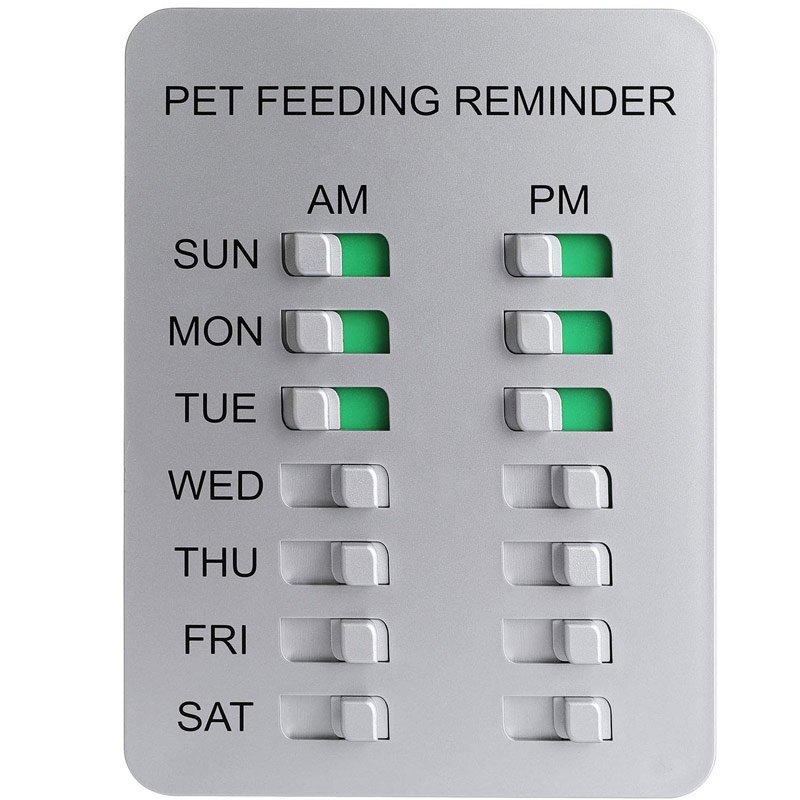
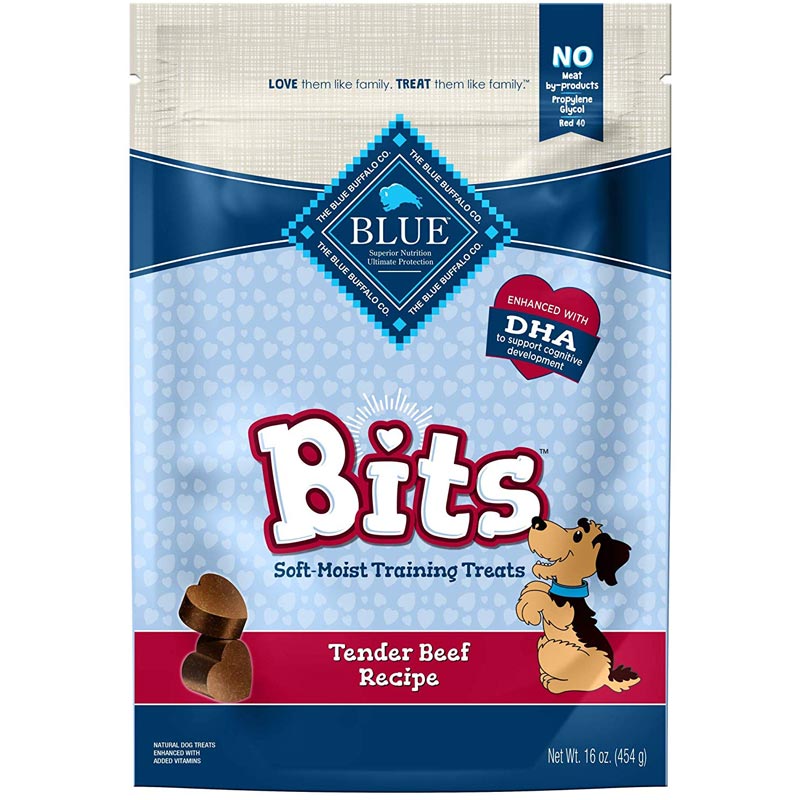
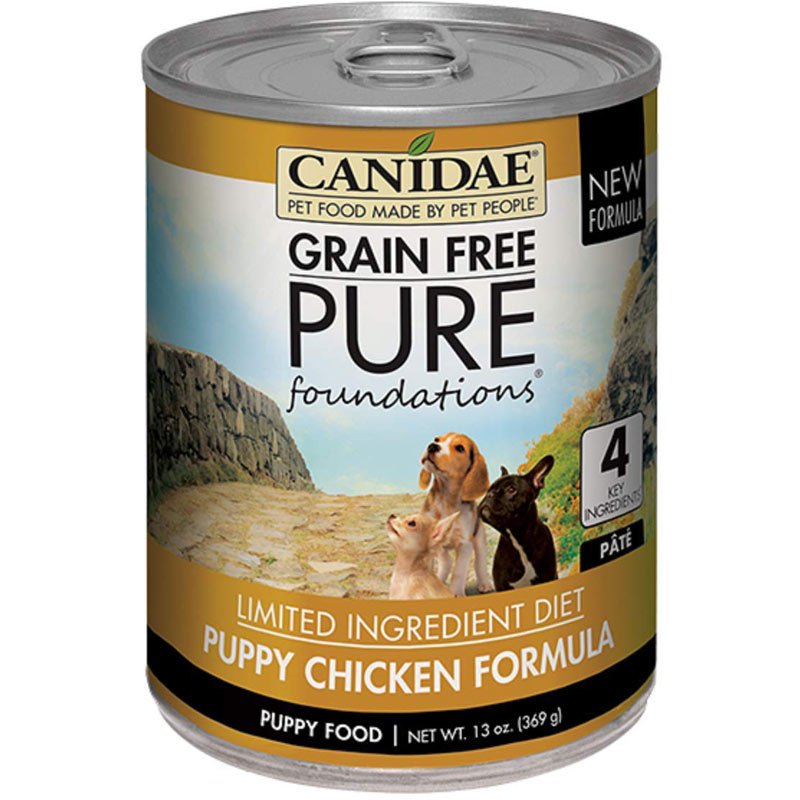
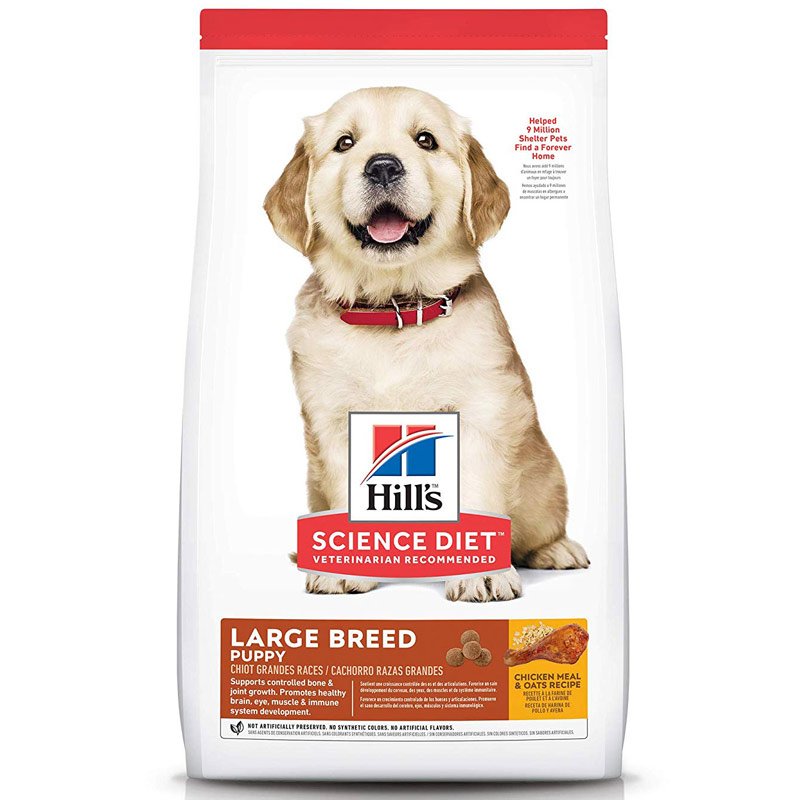
![[HOW TO] Get Rid Of Puppy Worms Today](https://mysweetpuppy.net/wp-content/uploads/2020/09/How-much-should-I-feed-my-8-week-old-lab-puppy.jpg)

